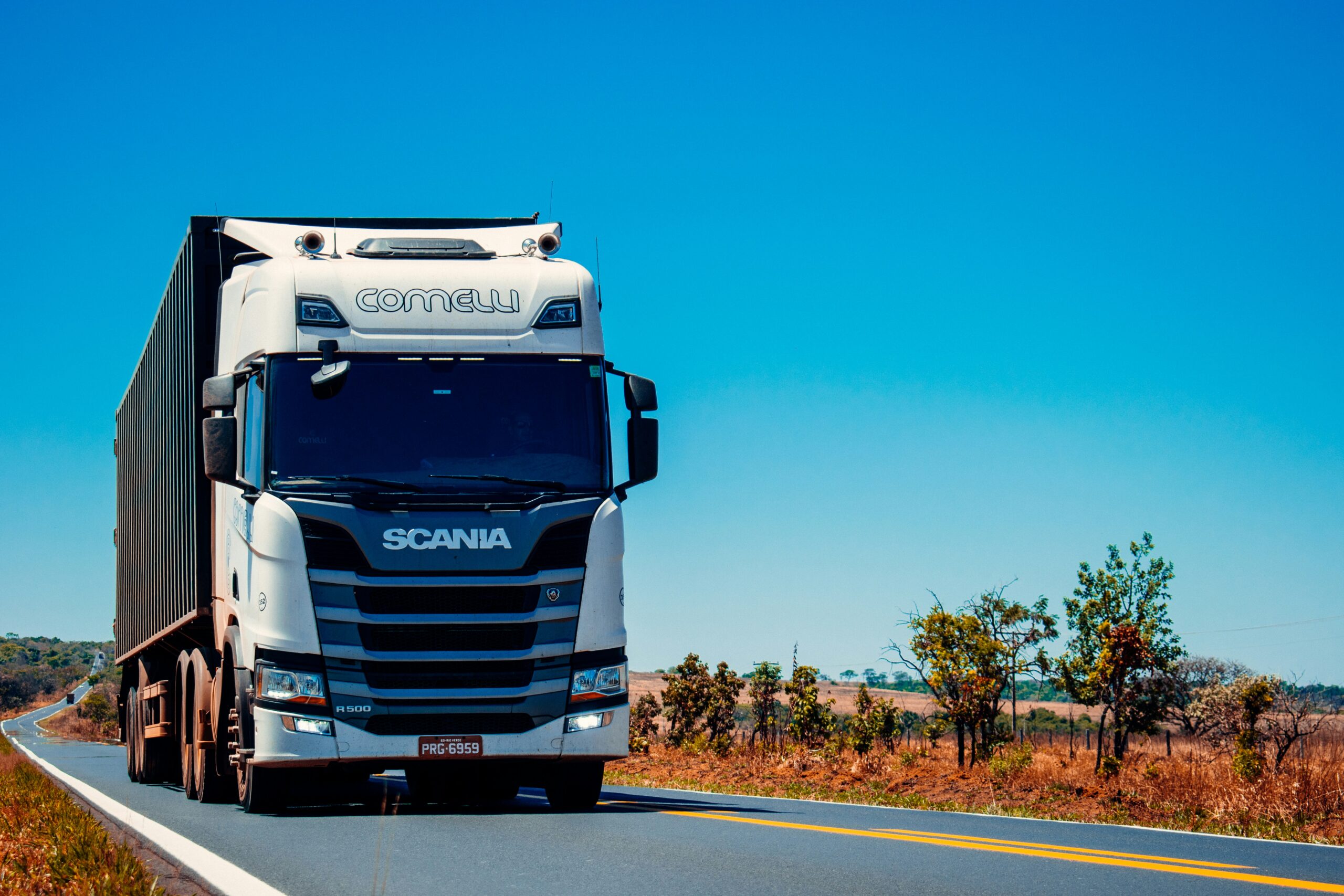The global logistics industry is undergoing a transformative shift, and truck sales trends are playing a pivotal role in that evolution.
As businesses push for more sustainable, efficient, and technologically advanced transport solutions, the trucks they purchase today are shaping how goods will be moved tomorrow. From electric vehicles to autonomous driving capabilities, the future of logistics is being written by the current trends in truck sales.
The Rise of Electric Trucks
One of the most significant trends in truck sales is the growing demand for electric trucks. Driven by stringent emissions regulations and increasing corporate sustainability goals, companies are turning to electric vehicles (EVs) to reduce their carbon footprints.
Manufacturers like Tesla, Volvo, and Mercedes-Benz have rolled out electric truck models that promise to revolutionize freight transport. While initial costs may be high, the long-term savings in fuel, maintenance, and tax incentives are persuading logistics companies to invest now. This trend is pushing infrastructure developments, such as the creation of charging stations along major freight corridors, and redefining fleet management strategies.
Autonomous Trucks on the Horizon
Another game-changing trend is the advancement of autonomous truck technology. While we may not yet see highways full of driverless trucks, companies like Waymo, Aurora, and TuSimple are making significant strides.
These semi-autonomous and fully autonomous vehicles aim to reduce human error, improve delivery times, and cut labour costs. As these technologies gain regulatory approval and public trust, they are expected to become a staple in long-haul freight, especially in regions suffering from driver shortages.
Truck sales data shows increased investment in models compatible with autonomous technology, signaling that logistics companies are preparing for a future where automation plays a central role.
Increasing Demand for Telematics and Connectivity
Modern logistics depends heavily on data, and truck sales are reflecting that shift. Fleets are now being equipped with sophisticated telematics systems that provide real-time information on vehicle performance, fuel consumption, driver behaviour, and delivery status.
This level of connectivity enables logistics firms to optimise routes, reduce downtime, and enhance customer satisfaction. Trucks with advanced IoT and AI integrations are being prioritised in sales, pushing manufacturers to innovate and stay ahead of demand.
Shift Toward Lighter and More Versatile Vehicles
Urbanisation and the rise of last-mile delivery services have changed the types of trucks being purchased. There is a noticeable shift toward smaller, more versatile trucks that can navigate tight city streets while still carrying significant loads.
Sales of light-duty and medium-duty trucks are on the rise, particularly in e-commerce sectors where speed and flexibility are key. This trend is leading to a diversification in fleet composition and influencing how logistics operations are structured.
Environmental Regulations Driving Purchasing Decisions
Global and local regulations aimed at reducing greenhouse gas emissions are influencing truck sales more than ever before. Fleet managers must now factor in emissions compliance when purchasing new vehicles, pushing sales toward greener alternatives like electric, hybrid, or hydrogen-powered trucks.
Regions such as the EU, California, and parts of Australia are implementing zero-emission zones and offering incentives for low-emission vehicles. This regulatory pressure is accelerating the adoption of cleaner technologies, which is gradually reshaping the logistics landscape.
Financial Models Are Evolving
Truck ownership models are also changing. Instead of outright purchases, many logistics companies are opting for leasing and subscription models. These allow for more flexibility, easier access to the latest technologies, and predictable budgeting.
This financial trend is influencing sales strategies and prompting manufacturers to offer more comprehensive service packages, including maintenance, telematics integration, and even driver training.
Conclusion
Truck sales are no longer just about horsepower and hauling capacity—they’re now about efficiency, sustainability, and smart technology. As logistics companies face growing demands for faster, cleaner, and more flexible delivery options, their vehicle choices are crucial. The trends in truck sales today—electric adoption, autonomous readiness, telematics integration, and flexible ownership models—are more than just industry buzzwords; they are shaping the road ahead for the entire logistics sector.

